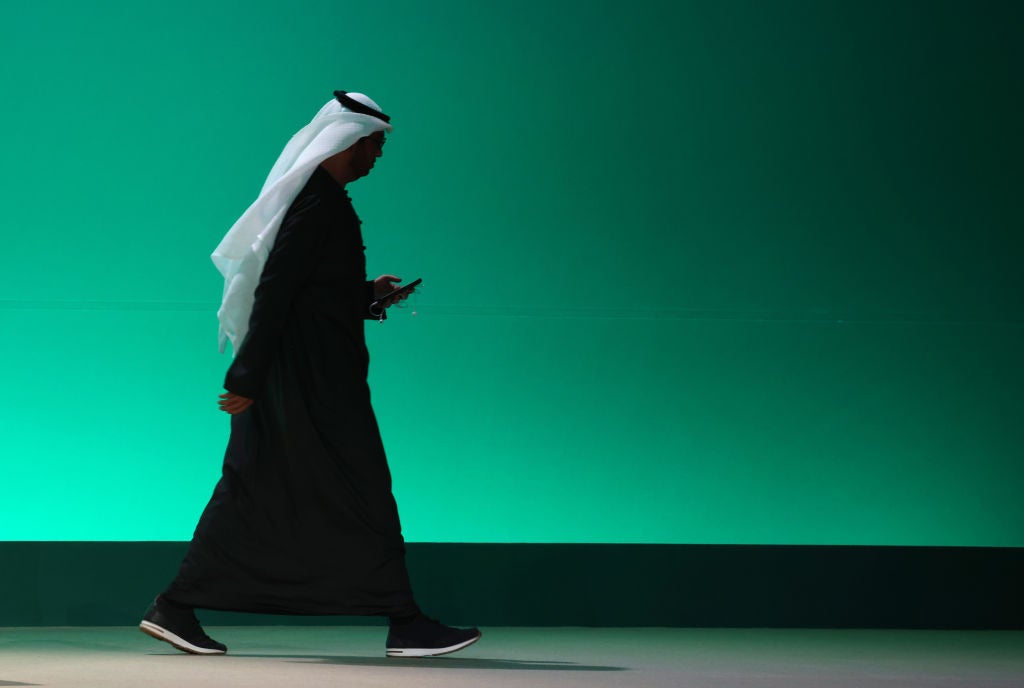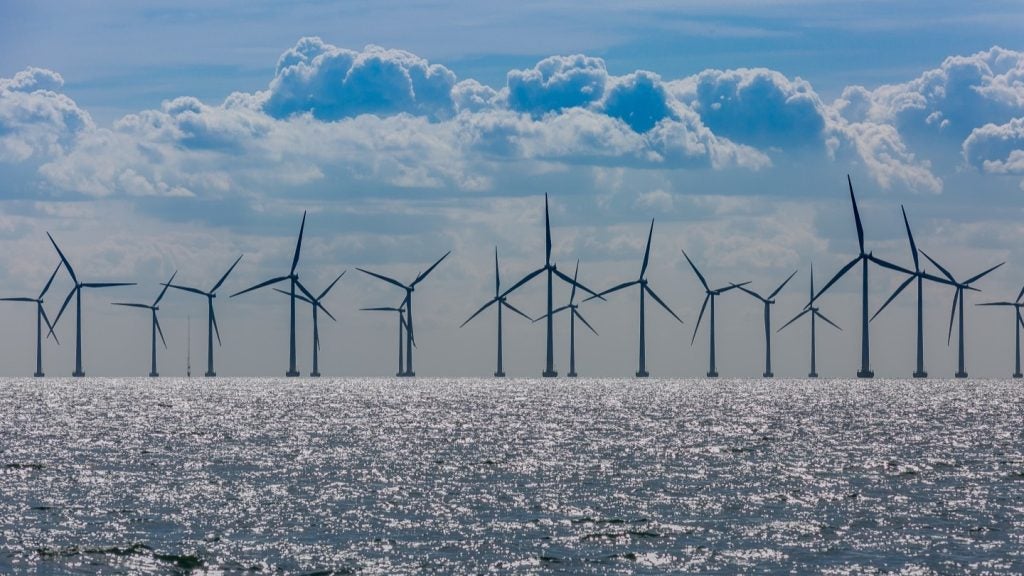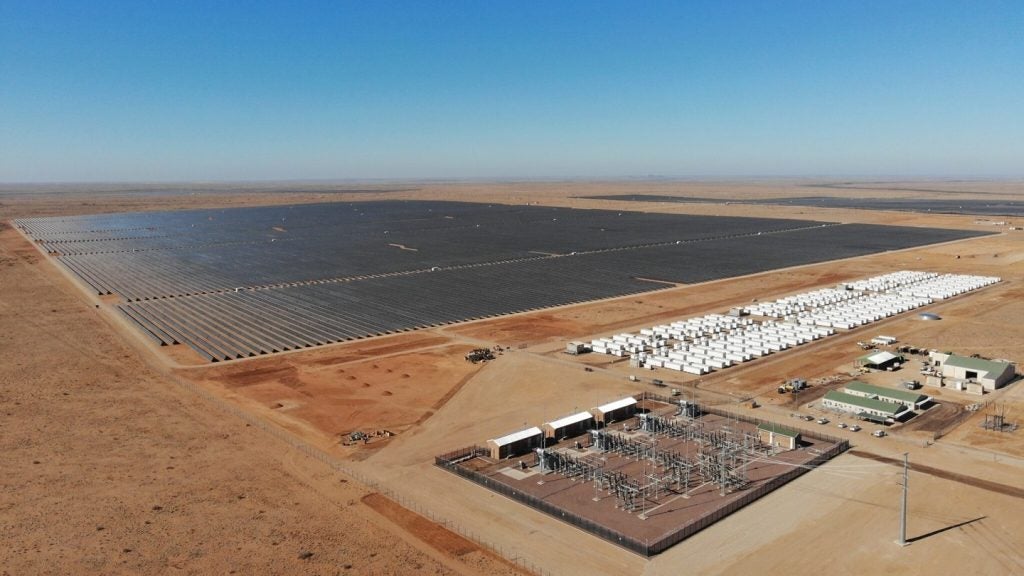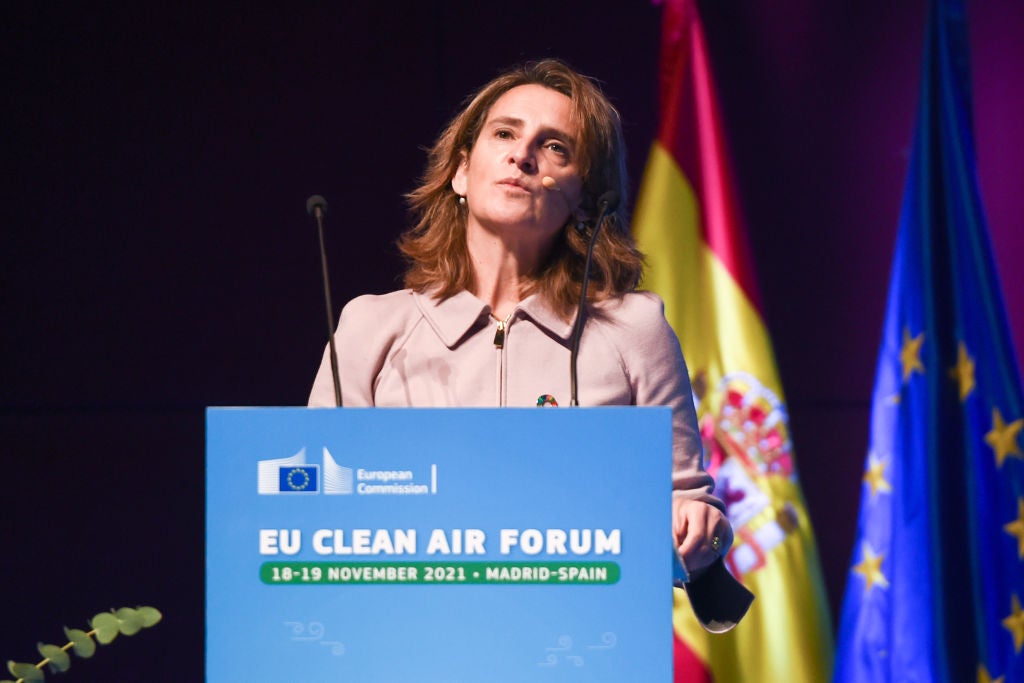DUBAI - Activists, climate-vulnerable nations and climate diplomacy experts have decried a new draft of the COP28 Global Stocktake, published less than 24 hours before the conference is due to end.
Delegates at COP28 waited all day as the United Arab Emirates (UAE) COP presidency continually delayed publishing the latest draft of the text, which sets out how countries are planning to drive forward climate action to close the gap between current policy and what is required for a good chance of limiting global warming to 1.5°C.
The big hope from more than one hundred countries was that language on a "fossil fuel phase-out" would be included in the text. On Sunday night, COP28 president Sultan Al Jaber convened a majlis (“sitting room" or "council” in Arabic) in which there was “an overwhelming consensus” that a fossil fuel phase-out remained the litmus test for a successful outcome of this COP, said Catherine Abreu, founder and executive director of Destination Zero, which has led work on the Beyond Oil and Gas Alliance (BOGA), in a briefing with media.
Speaking to Energy Monitor on Friday, after a previous iteration of COP28's final text, Natalie Jones, policy advisor on energy at the International Institute for Sustainable Development, said: “Here in Dubai, over the last 10 days, we’ve seen an unprecedented and growing level of momentum towards a deal on fossil fuel phase-out."
But when the latest COP28 draft text was finally published on Monday evening, the language on fossil fuels was significantly watered down, in what appeared to be a bid to “appease a small number of countries”, said Abreu, singling out Saudi Arabia and Iraq as countries leading efforts to block the phase-out of fossil fuels.
The term “phase-out” – which was included as an option in the previous draft, published on Friday – was removed altogether in the latest version, with the text instead calling on Parties to take actions that “could include…reducing both consumption and production of fossil fuels in a just, orderly and equitable manner so as to achieve net zero by, before, or around 2050 in keeping with the science”.
Responding to the latest draft, Tom Evans, a policy advisor at think tank E3G, said: “The Global Stocktake should be a shared action plan to realise our dream of meeting the Paris Agreement. Instead, this text is a nightmare of weak proposals and internal contradictions: asking to keep 1.5°C in reach on the one hand, while on the other setting out no common pathway for phasing out fossil fuels fast.”
He added: “This is not a credible response to the crisis we are in", arguing that the Presidency "needs to do a fundamental rethink...The next 17 hours must see the champions of ambition rally hard and isolate those who are holding ambition back.”
COP26 President Alok Sharma, who was reduced to tears by the watering down of language on coal power at COP26, wrote on X: “It is difficult to see how this text will help to achieve the deep and rapid cut in emissions we need by 2030 to keep 1.5c alive. With so many countries backing clear language on fossil-fuel-phase-out, who does this text actually serve?”
Teresa Anderson, global climate lead at NGO ActionAid, said: “The previous COP28 draft text broke new ground in proposing a phase-out of fossil fuels. To take it over the finishing line we just needed to agree the finance and fair timelines that would make the package workable for lower-income countries.
“If the biggest polluters don’t start phasing out fossil fuels now, none of us will have a safe future. With COP28 scheduled to end tomorrow, we need rich countries to agree to end their fossil dependence and provide the finance that can swing the deal and promise a safer future for billions of people.”
Romain Ioualalen, global policy lead at NGO Oil Change International, said: “The latest draft is an incoherent and dangerous list of weak measures completely divorced from what is needed to limit warming to 1.5°C. In contrast, the science is very clear: a full, fast, fair and funded phase-out of all fossil fuels is essential to meet the objectives of the Paris Agreement."
Governments and cross-country alliances have weighed in to express dismay at the latest COP28 draft text’s wording, with the US arguing that the language on fossil fuels needs to be "substantially strengthened", while the EU’s negotiator called elements of the text "fully unacceptable".
Cedric Schuster, chair of the Alliance of Small Island States (AOSIS), a group of 39 climate-vulnerable island nations, said: “We will not sign our death certificate. We cannot sign on to text that does not have strong commitments on phasing out fossil fuels.”
For those countries wanting a more ambitious outcome, the pressure is on to persuade Al Jaber to re-introduce more ambitious wording to the cover text.
“If Parties push hard for 'phase-out' to be reintroduced, [then] absolutely, there is an opportunity for that to happen,” Abreu told the press.
Later on Monday evening, Abreu told Energy Monitor that consultations on the latest COP28 draft textare expected to continue throughout the night, with a new draft expected at some point on Tuesday, the day that the conference is officially due to end.
















